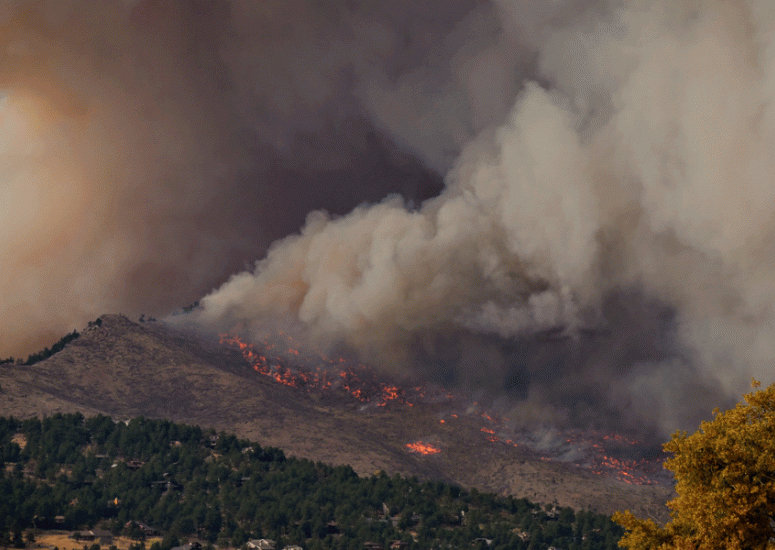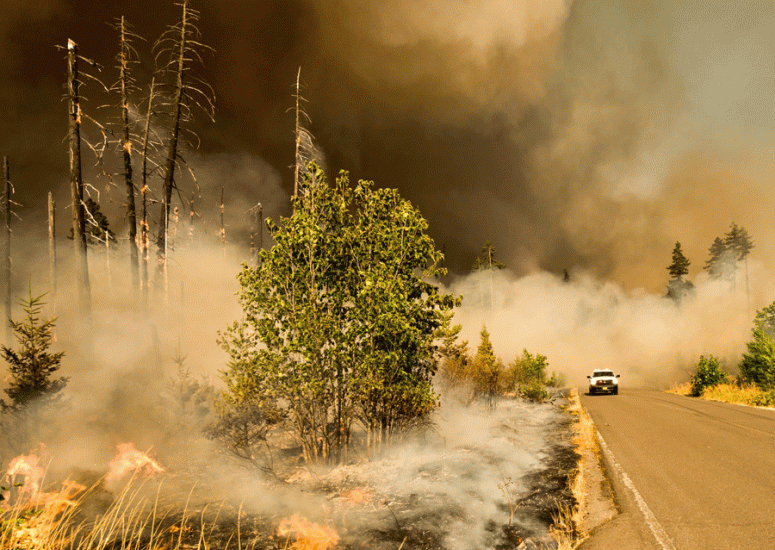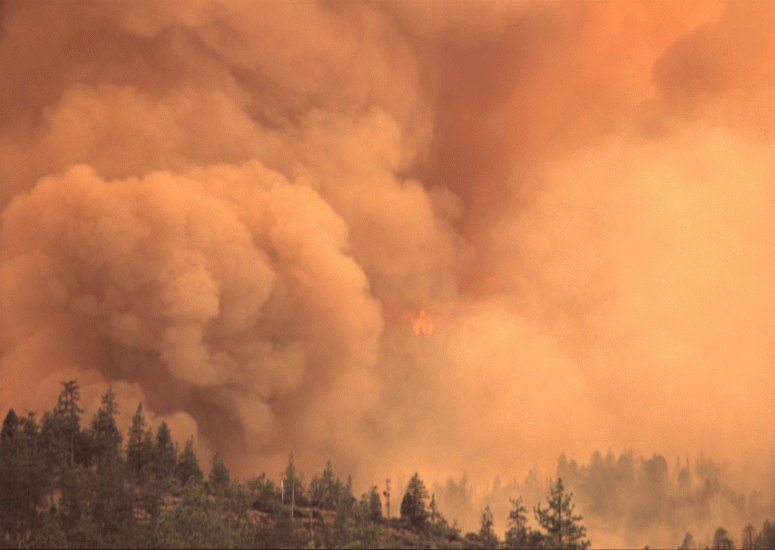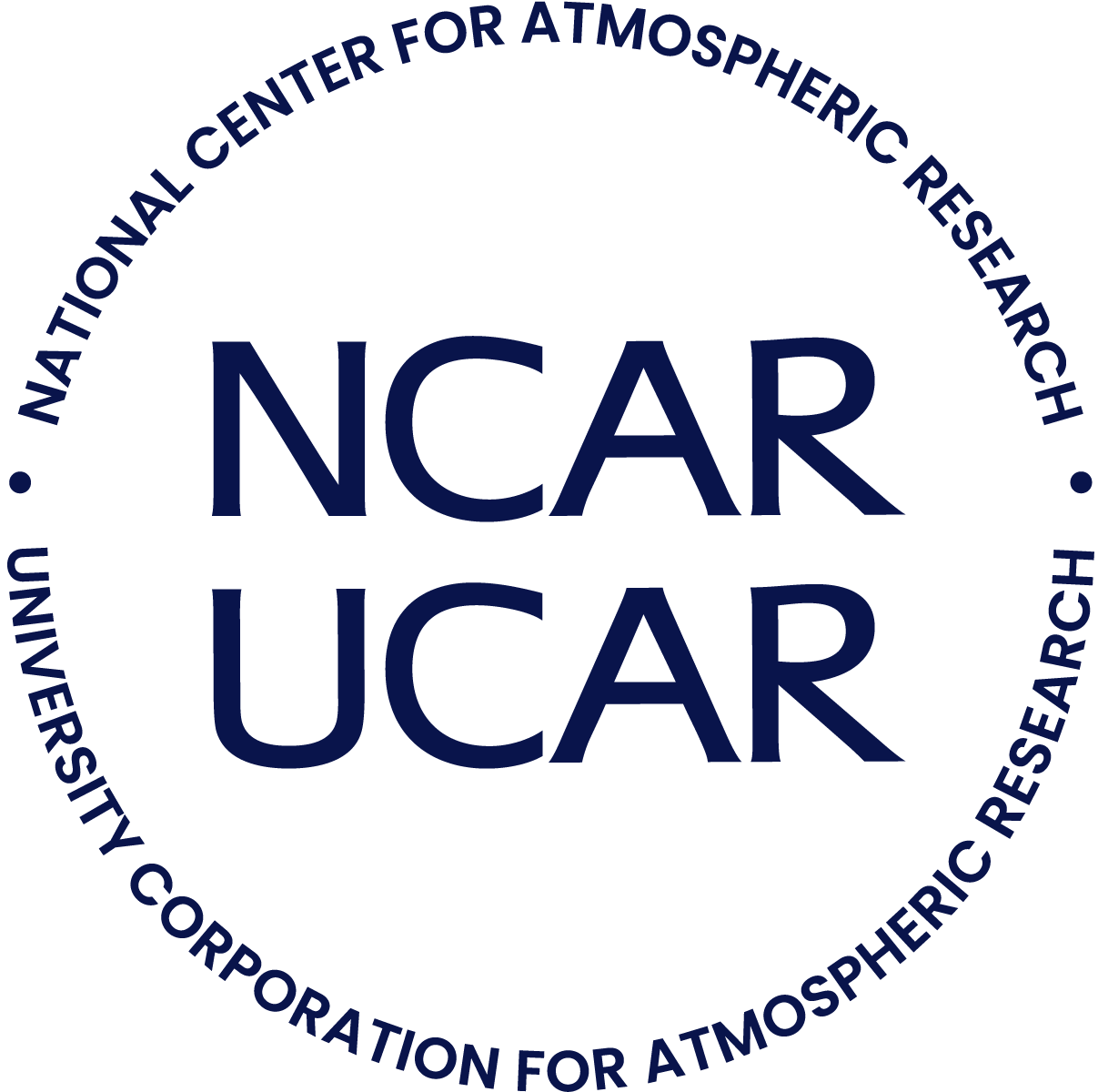-

Wildfire experts provide guidance for new research directions
Fire experts across the nation call for a more strategic and interdisciplinary approach to pursuing wildfire research and protecting vulnerable communities.
- Air Quality,
- Climate,
- Weather
-

Research aircraft to investigate monsoon-climate connections
The Asian Summer Monsoon Chemical and CLimate Impact Project (ACCLIP) will allow a team of international scientists to study how the Asian summer monsoon — one of the largest and most important meteorological patterns in the world — affects atmospheric chemistry and global climate.
- Air Quality,
- Climate
-

Wildfire experts available to explain fire behavior, potential impacts
As wildfires threaten much of the West during another hot and dry year, NCAR scientists are researching key aspects of these destructive events.
- Air Quality,
- Climate,
- Weather
-

Pacific Northwest wildfires alter air pollution patterns across North America
Increasingly large and intense wildfires in the Pacific Northwest are altering the seasonal pattern of air pollution and causing a spike in unhealthy pollutants in August, new research has found.
- Air Quality
-
Antarctic ice chemistry affected by ozone hole
An international study demonstrates the impact of the ozone hole on environmental chemical processes at the South Pole.
- Air Quality

